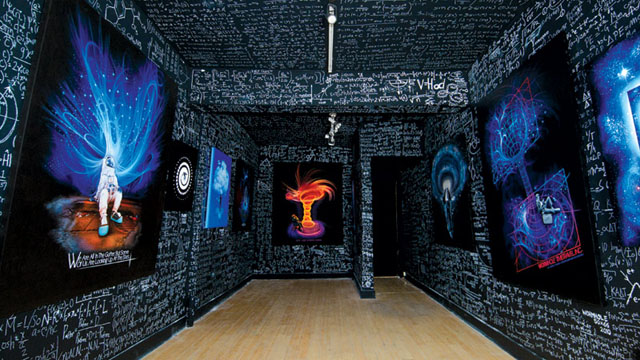Comprehension is the human genius. But in a world where computers can process all of human history in a flash, that genius can be scaled. What possible industries would this eliminate risk from? Could scaled comprehension reliably create new business opportunities, each more efficient and profitable than the last?
We are talking about something more than augmenting human abilities with machine efficiency and power. We are talking about creating something that’s simply more human: more capable of creativity, of understanding, of love, and of courage.
Ray Kurzweil is one of many ahead-of-the-curve speakers at 2015’s Exponential Finance conference, June 2-3 in New York City. Co-produced by Singularity University and CNBC, Exponential Finance provides insight into new technologies that leaders need to understand in order to make the most of the accelerating change happening across business sectors.
Ray Kurzweil: So that's where we're headed. Our search engines will actually also know us very well. We will let them listen in on conversations; verbal, written. They'll watch everything we're reading and writing and saying and hearing, and then they'll be like an assistant. It'll say, "Oh, you know, you were talking about how you can get the supplement phosphatidylcholine into the cells yesterday in that conversation with Joe. You know, there's research that came out 13 minutes ago that speaks to that."
It'll be an assistant that helps you through the day, will answer your questions before you ask them or even before you realize you have a question, and you'll just get used to this information popping up that you wanted and you'll be frustrated if you're thinking about something and it doesn't immediately pop up without you even having to ask for it. I'm not actually predicting that until 2029 that we will match human intelligence, but we can nonetheless do things that humans can't do. I mean, Watson, if it read one page, as I said, wouldn't be as strong as you or I, but it was able to read hundreds of millions of pages and its ability to read each page is going to increase. So that's where we're headed. But then a comment on that is it's not an alien invasion of these intelligent machines to displace us. We will use them to make ourselves smarter, which is what we do today.





